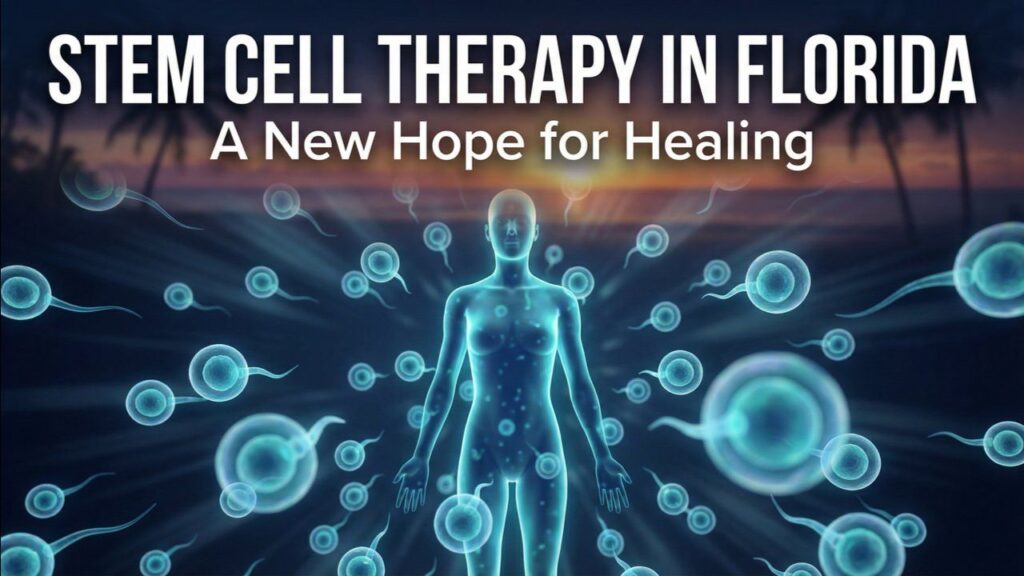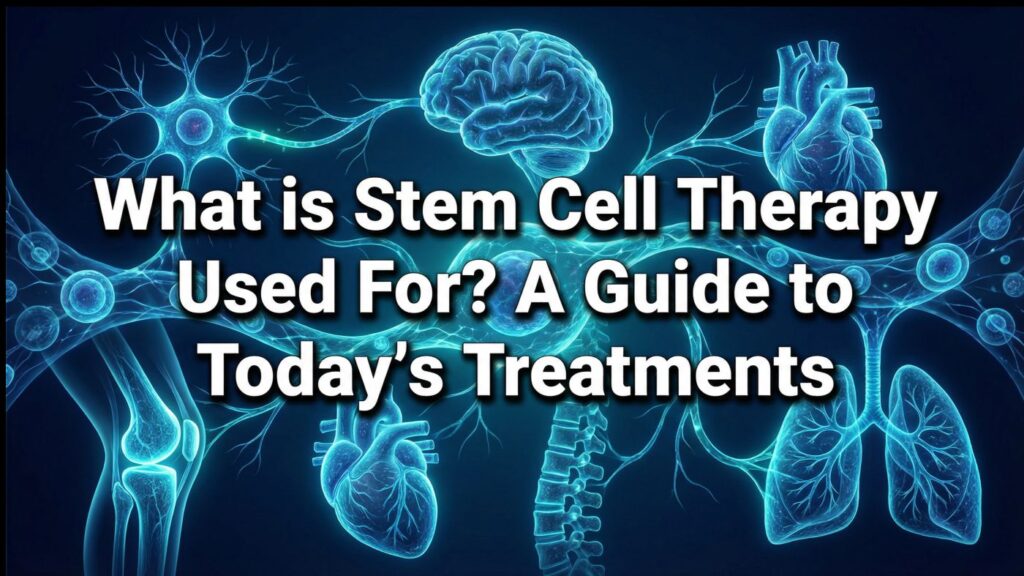Introduction
Mesenchymal Stem Cell Therapy (MSCT) is a promising, yet still experimental form of treatment that has the potential to revolutionize the management of Ischemic Heart Disease (IHD).
What are Mesenchymal Stem Cells
Mesenchymal stem cells (MSCs) are a type of adult stem cell found in the body that can differentiate into several different types of tissue, such as bone, muscle, and blood vessels. They were first discovered in the early 1970s and since then have been used in numerous medical treatments such as bone marrow transplants and treatments for blood disorders.
MSCs have demonstrated particularly promising results in the realm of regenerative medicine due to their ability to promote healing and repair damaged tissues.
In addition to this, MSCs also demonstrate anti-inflammatory and immunomodulatory properties which make them particularly useful for treating autoimmune diseases. Furthermore, MSCs can be isolated from a variety of sources including umbilical cord tissue, amniotic fluid, and adipose tissue making them more accessible than some other types of stem cells.
What is Ischemic Heart Disease
IHD is a common type of heart disease which occurs when the blood supply to the heart muscle is reduced. While medical therapies are available for IHD management such as medications and lifestyle interventions, MSCT offers an additional option with potential advantages in terms of outcomes and quality of life. In this blog post, we will cover the benefits and limitations associated with using MSCT as an IHD treatment option.
Benefits of MSCT for IHD Management
Recent research into the use of MSCT for IHD management has yielded promising results. In addition to improved cardiovascular function, studies suggest that patients treated with MSCT show a reduction in chronic angina symptoms and improved quality of life compared to those not receiving the therapy. MSCT may also lead to increased survival rates among IHD patients when combined with traditional treatment strategies.
The strongest evidence supporting the use of MSCT comes from animal studies which suggest that stem cells can improve heart regeneration and tissue repair in IHD patients. These promising findings have encouraged further clinical trials to evaluate the efficacy of MSCT as an effective therapy for IHD management on a larger scale.
Limitations of MSCT as an IHD Treatment Option
Despite the promising findings surrounding MSCT for IHD management, there are some limitations to its use. For instance, because of the experimental nature of MSCT, practitioners must be careful to follow established protocols when administering therapies. Additionally, due to the costly and time-consuming nature of the procedure, it may not be suitable or accessible for all patients. Further research is also needed to better understand which types of IHD respond best to different forms of MSCT.
There are also ethical considerations regarding using embryonic stem cells in MSCT treatments. The ethical implications vary among countries and regions with some opting to prohibit such treatments in favor of alternatives that do not involve the destruction of embryos for medical purposes.
In conclusion, Mesenchymal Stem Cells have shown promise as a treatment option for IHD. Despite its limitations, the experimental nature of MSCT presents opportunities to explore the development and use of novel therapies for IHD management. Further research is needed to address ethical considerations surrounding the use of embryonic stem cells in these treatments and to determine which types of IHD respond best to different forms of MSCT. Nonetheless, MSCs are highly promising and could revolutionize our understanding and ability to treat IHD in the future.



